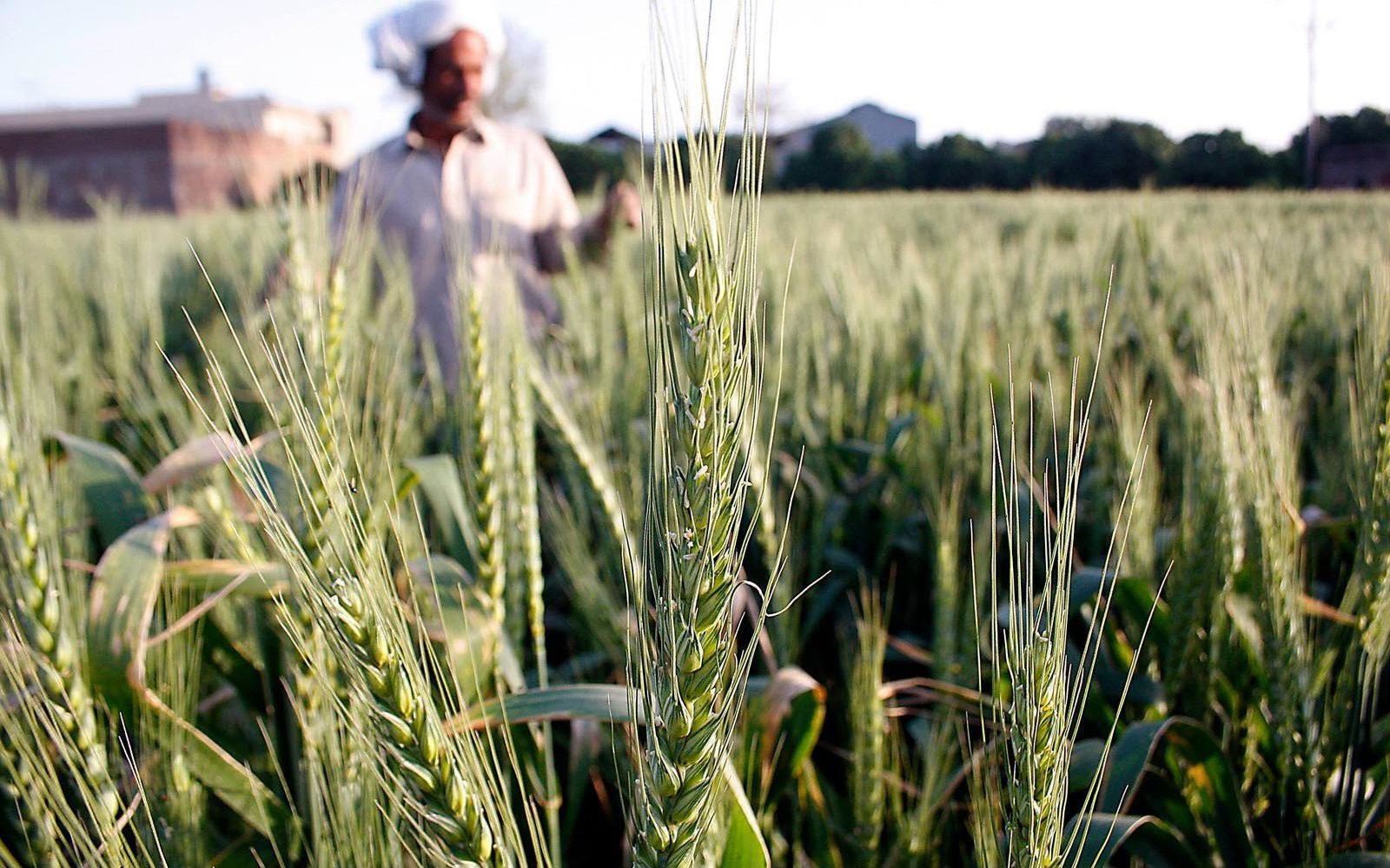Editorial
The government is in a troubling stalemate regarding the establishment of wheat support prices and procurement targets despite clear warnings from the Ministry of National Food Security and Research. Their dire forecast suggests that failure to act promptly could lead to an unnecessary import bill of $1 billion. This paralysis seems inexplicable, given the pressing needs of both farmers and the broader economy.
At the heart of this inaction is the government’s agreement with the International Monetary Fund (IMF), which restricts its ability to intervene in agricultural markets. The finance minister has openly acknowledged that large-scale market interventions, including those in fertilizer and commodity pricing, are no longer viable. The government is committed to a strategy of phasing out price-setting by federal and provincial authorities, a timeline expected to conclude by the end of this fiscal year. However, the promised “transition arrangements,” which were due by the end of September, have yet to be revealed, leaving farmers uncertain just as planting season looms.
Over the last four years, domestic wheat production has consistently fallen short of self-sufficiency, averaging a shortfall of 2.5 to 3.5 million metric tons annually, necessitating significant imports—and thus, expenditures—each year. As farmers prepare for the upcoming Rabi season, the lack of clarity from the government on these issues raises legitimate concerns about a potential decline in the area allocated for wheat sowing.
Caught in a precarious position, the government faces limitations imposed by the IMF, which prioritizes market-based approaches over direct intervention. The finance ministry must navigate these constraints carefully, particularly in the early stages of its agreement with the IMF, but this should not result in neglecting the needs of farmers. Cotton producers, similarly left in the dark regarding support prices, find themselves in a bind, compelling textile exporters to seek costly alternatives for their supply needs.
The implications of managing wheat production extend far beyond budgetary concerns; wheat is a staple in the national diet. The food ministry appears to be more proactive than its finance counterpart, suggesting various policy options that have yet to receive a response. One proposal includes setting a profitable support price and defining procurement targets for Rabi 2024-25, with plans to phase out this policy by the following season. Alternatively, the government could choose to eliminate the support price but would need to procure wheat at market rates this year to assure farmers of a stable environment.
Each option comes with its own set of challenges and benefits, but indecision is not a viable choice as planting season approaches. The finance ministry should have anticipated these issues as soon as the Extended Fund Facility (EFF) agreement was signed with the IMF, recognizing the need to adhere to market integrity without sacrificing agricultural viability.
Regrettably, the absence of timely consultations—particularly with farmers—has left the authorities lagging in addressing this critical issue. This oversight threatens not only food supply stability but also poses financial risks for farmers and the broader economic framework.
To avert further consequences, the government must act decisively in the coming days, engaging with provincial bodies, farmers, and stakeholders to clarify its support price policy and procurement strategy. Time is of the essence, and delayed actions could further destabilize an already precarious agricultural landscape.
















